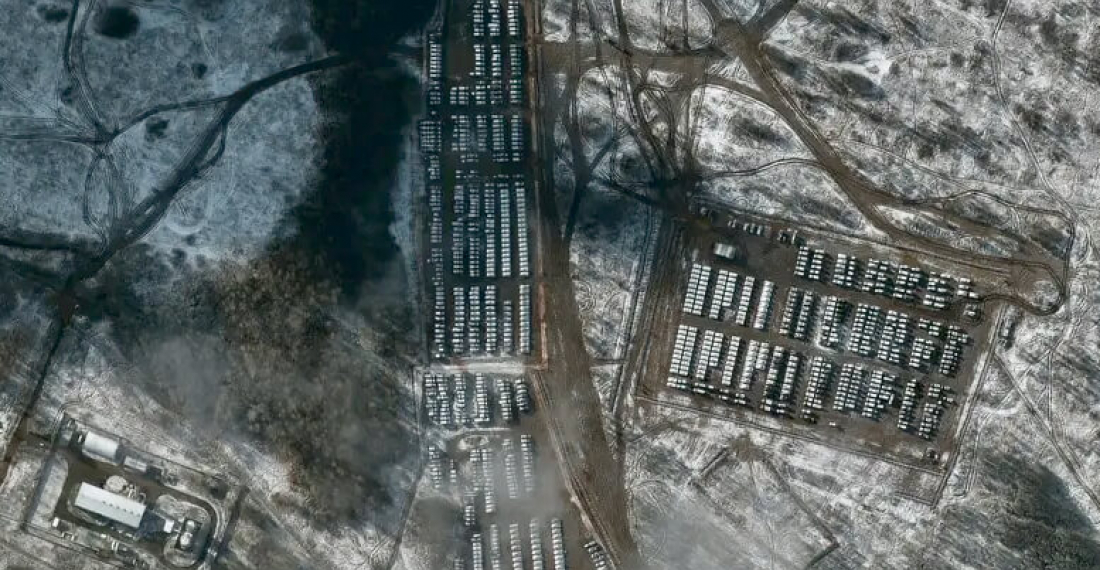NATO Secretary-General, Jens Stoltenberg, warned that the buildup of Russian military forces and equipment along the Ukrainian border is continuing and that Russia has failed to respond to international appeals and pressure for de-escalation in recent weeks. Stoltenberg was speaking after an extraordinary virtual meeting with all NATO Ministers of Foreign Affairs, held on Friday, 7 January.
The meeting was organised ahead of the forthcoming NATO-Russia Council talks due to take place on Wednesday (12 January) at NATO Headquarters in Brussels. According to Stoltenberg, there is "strong support" among member states for entering into talks with Russia. Stoltenberg again underlined that Ukraine is a "valued partner" but not a NATO member entitled to military support under Article 5 in case of an armed attack.
The NATO-Russia Council is one of a round of talks between the West and Russia, scheduled for this week. American and Russian diplomats will meet in Geneva on Monday (10 January). The meeting of the NATO-Russia Council will be the first in that format since the summer of 2019. Russia suspended its mission to NATO in October last year due to disrupted relations and in response to the expulsion of eight members of its mission to the military alliance. On Thursday (13 January), the Ukraine crisis will in focus at a meeting of the Organization for Security and Co-operation in Europe, of which Russia is also a member.
Russia has assembled an estimated 100,000 troops on its border with Ukraine. Russia claims it will not invade Ukraine, but is threateningly demanding that the Western alliance withdraw almost all its troops and weapons from Eastern Europe. Last month, after the publication of two draft treaties, Russia also demanded that NATO will never again expand eastwards towards Russia. In doing this, Moscow aims to guarantee that Ukraine, Georgia, Sweden and Finland will never become members of NATO.






